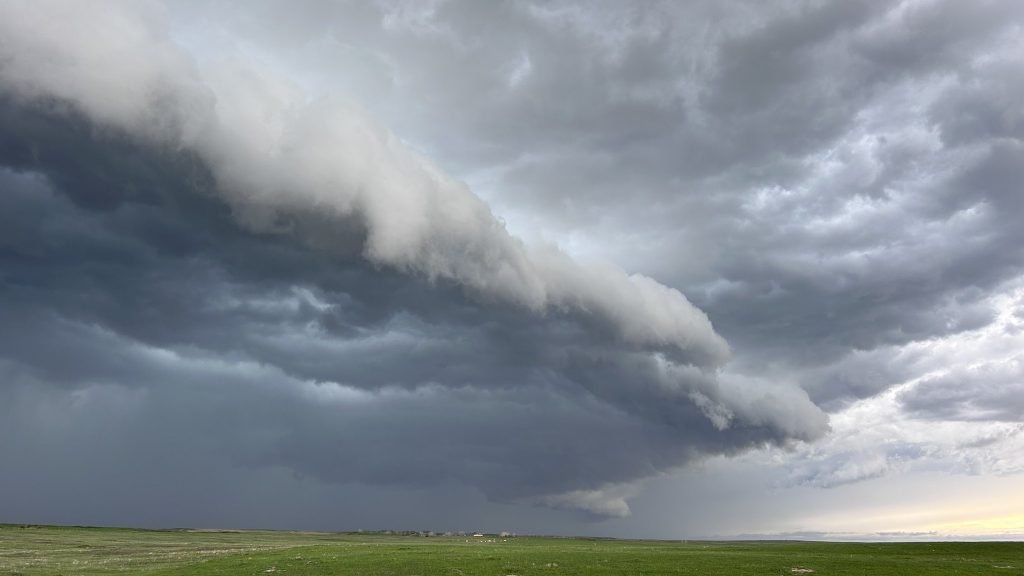Stray dogs attack, kill woman in northern Manitoba First Nation: RCMP
Posted May 15, 2017 12:33 pm.
Last Updated May 16, 2017 7:20 am.
This article is more than 5 years old.
LITTLE GRAND RAPIDS, Man. – A woman on a night-time walk was attacked and killed by a large group of stray dogs in a remote Manitoba First Nation, RCMP said Monday.
The attack in Little Grand Rapids, a fly-in settlement 300 kilometres northeast of Winnipeg, renewed concerns about the dangers of dogs left to roam small communities in the north.
RCMP said in a news release that they received a report on Saturday that the body of a woman had been found at a construction site.
“The initial investigation has determined that a 24-year-old female from Little Grand Rapids First Nation was on her way home from another residence in the early hours of Saturday morning when she was attacked by a large group of stray dogs,” the release said.
“The victim succumbed to her injuries sustained during the attack.”
Chief Roy Dunsford told CTV News the woman’s body was found surrounded by about 30 dogs. He said one of the dogs has been put down.
RCMP did not name the woman, but she was identified by several media outlets and the Southern Chiefs Organization, which represents First Nations across southern Manitoba, as Donnelly Rose Eaglestick.
“She will always be remembered as a loving, caring mother and a person of great character,” read a message on the organization’s Facebook page.
Dozens of people from the First Nation gathered Sunday night at a candlelight vigil to remember the young mother.
“Donnelly was a happy person,” Doris Mayham, Eaglestick’s aunt told CTV. “She was loving and caring to her six-year-old little girl.”
Stray dogs have long been a problem on remote reserves across the Prairies and have killed some people. In 2007, a five-year-old boy died after being attacked outside his home on the Cumberland House reserve in northeastern Saskatchewan.
Communities sometimes organize culls to reduce the population, and animal rescue groups try to find new homes for strays in the south.
Katie Powell, head of the non-profit Save A Dog Network Canada, said her group relocates 40 to 50 dogs a month from the north. Poverty, long absences by owners and a lack of veterinary services all lead to dogs being left to run loose, Powell said.
“We use the term loosely owned,” she said.
Left to fend for themselves, dogs gather in packs to breed and search for food.
Powell would like to see more veterinary services in remote communities and more awareness about the dangers of letting dogs roam free.
“We need to educate the community members. We need to provide the resources and … there needs to be long-term support for community members.”
— By Steve Lambert in Winnipeg










